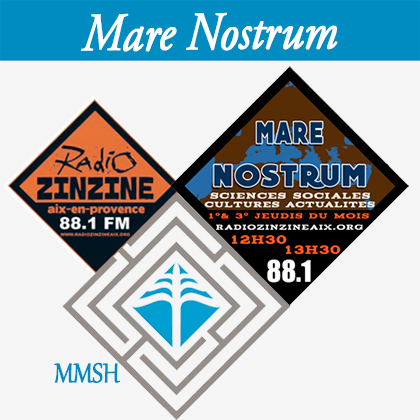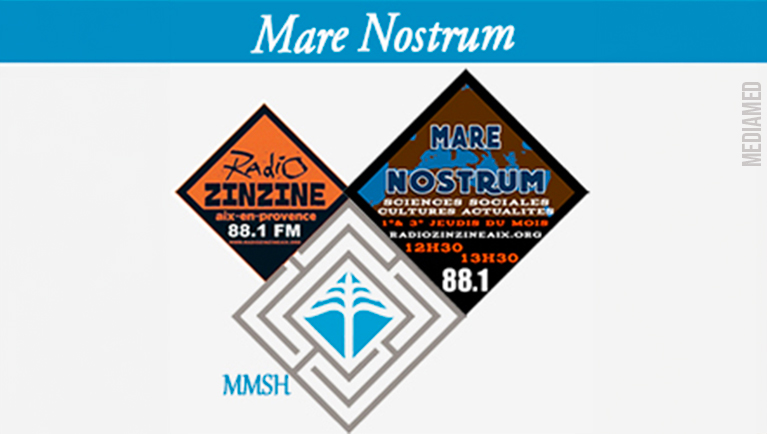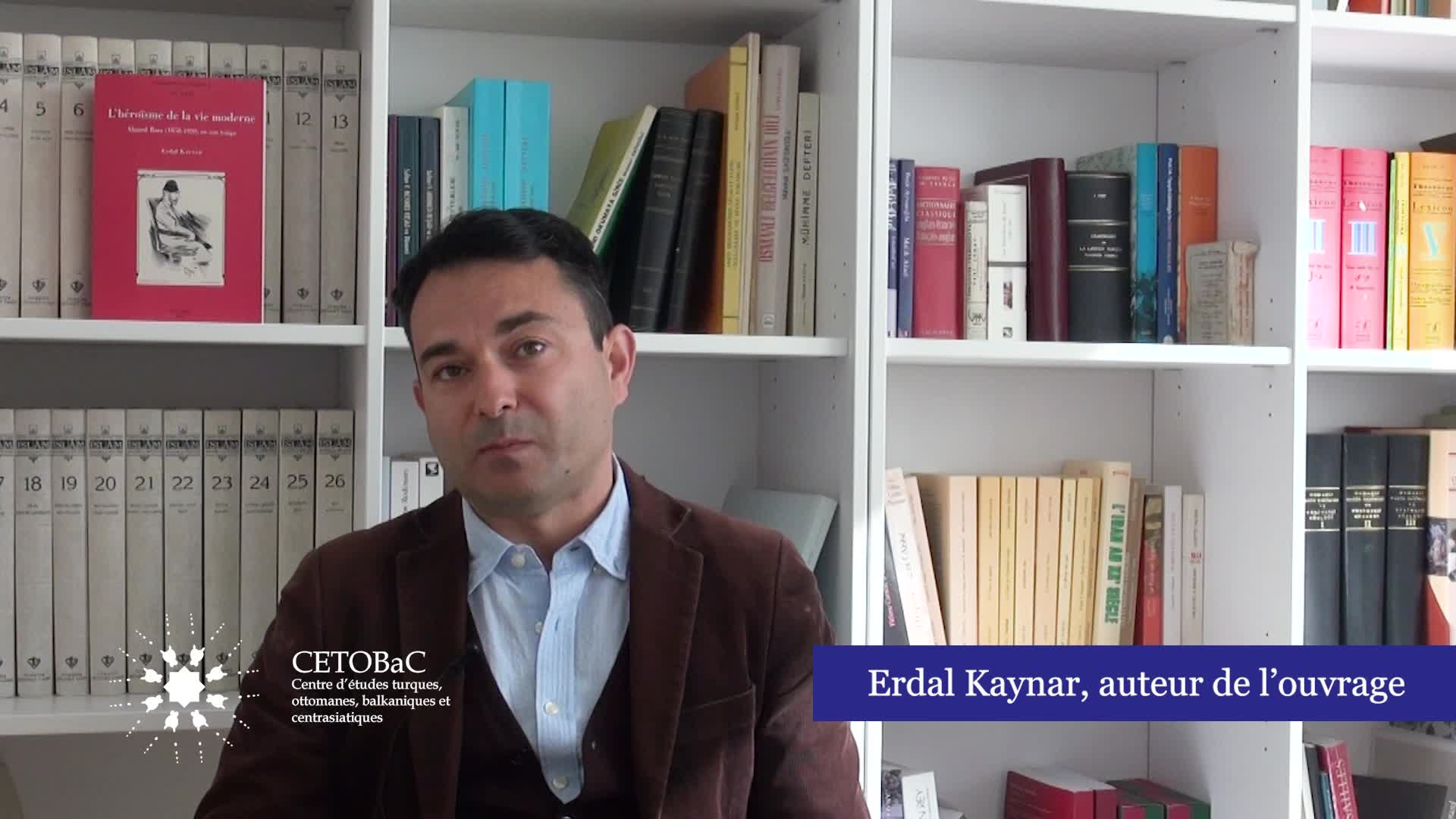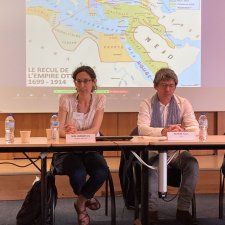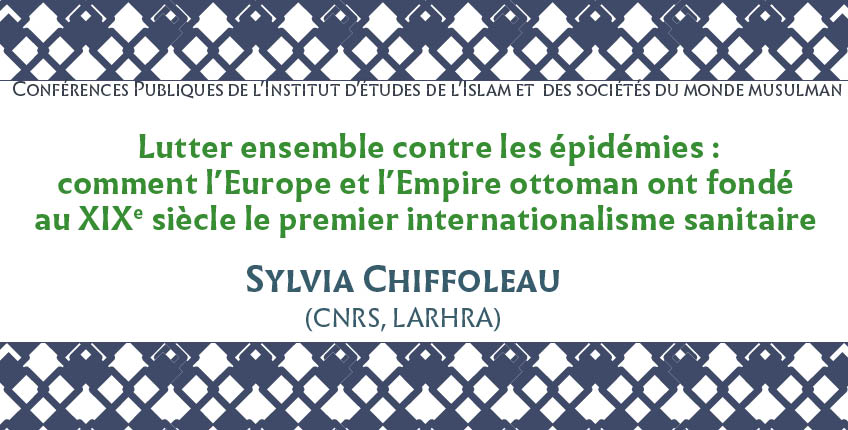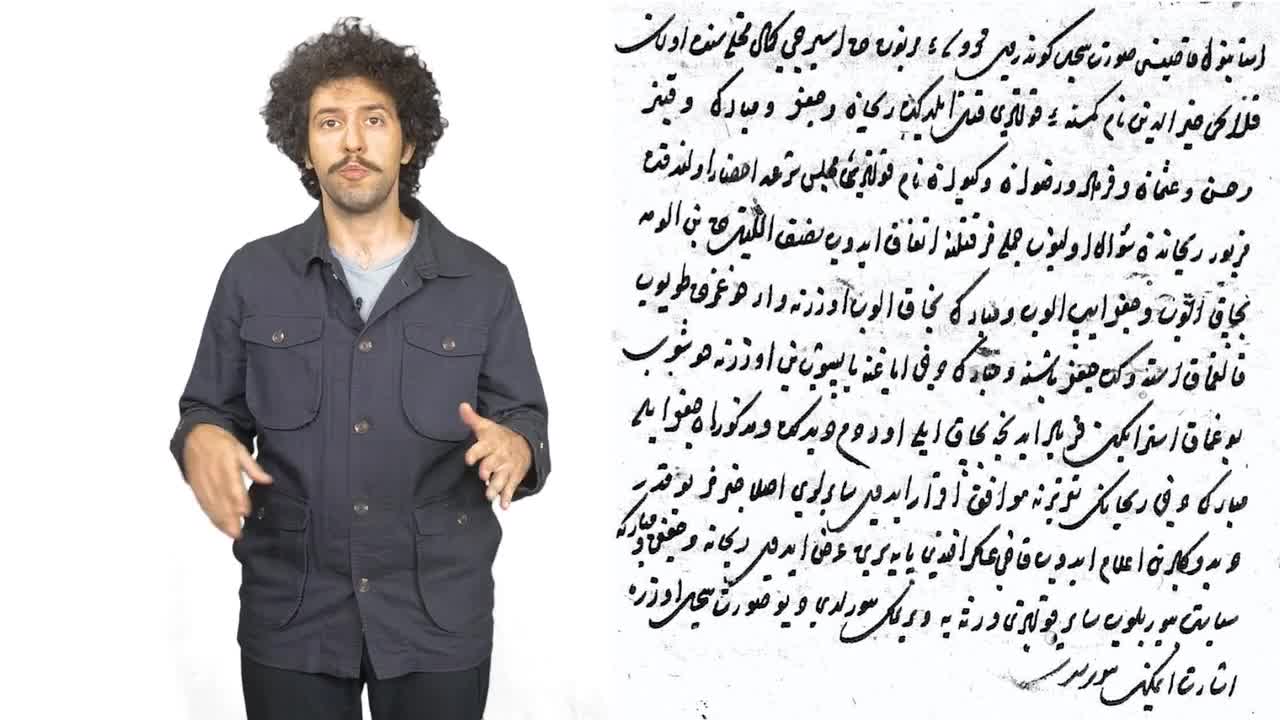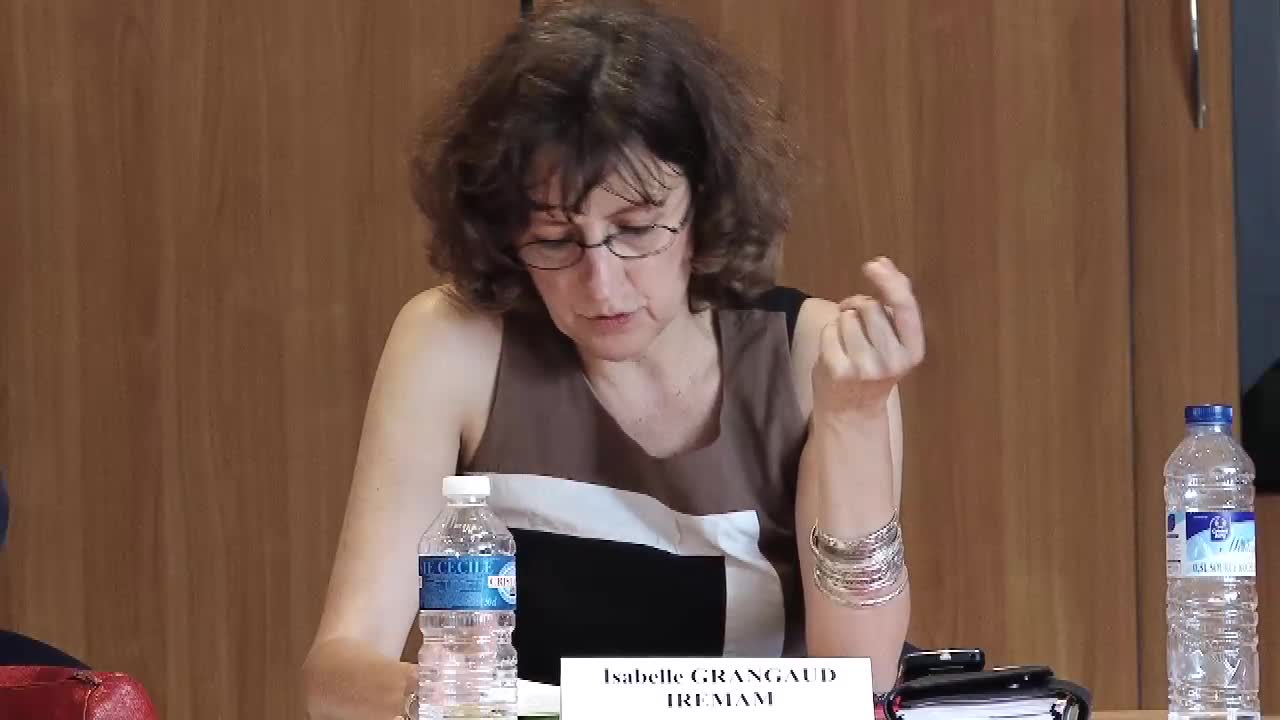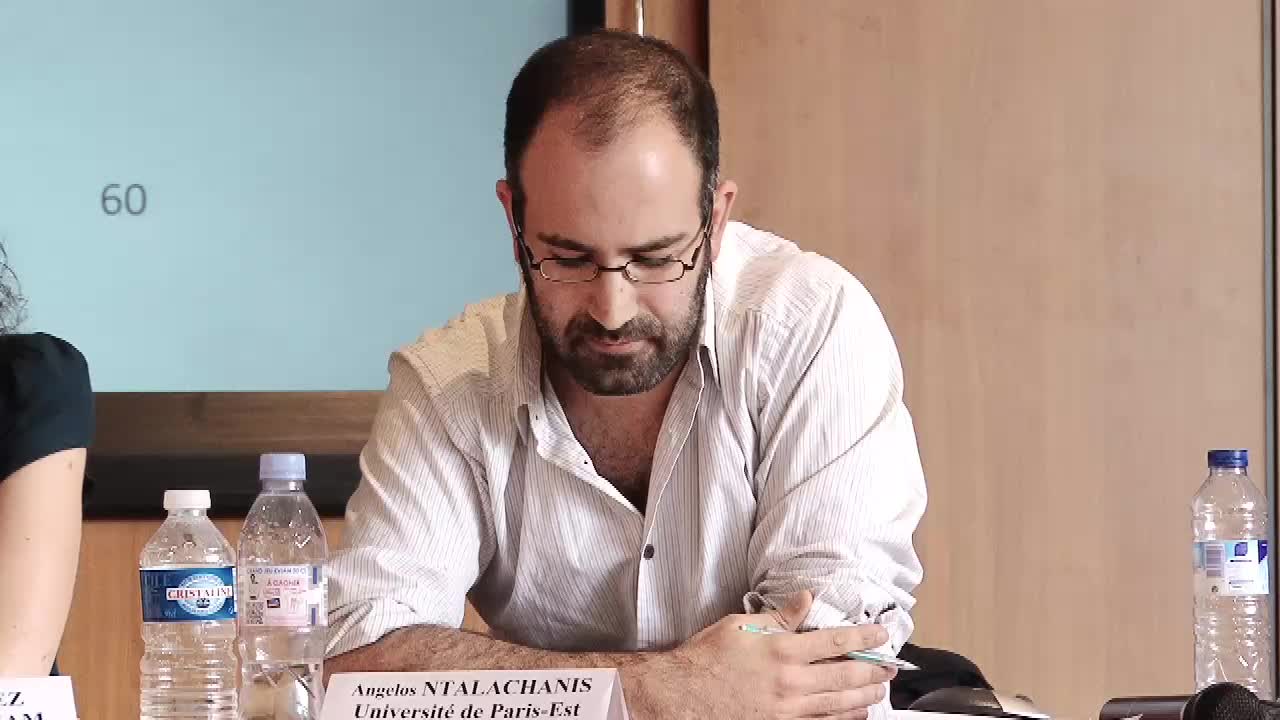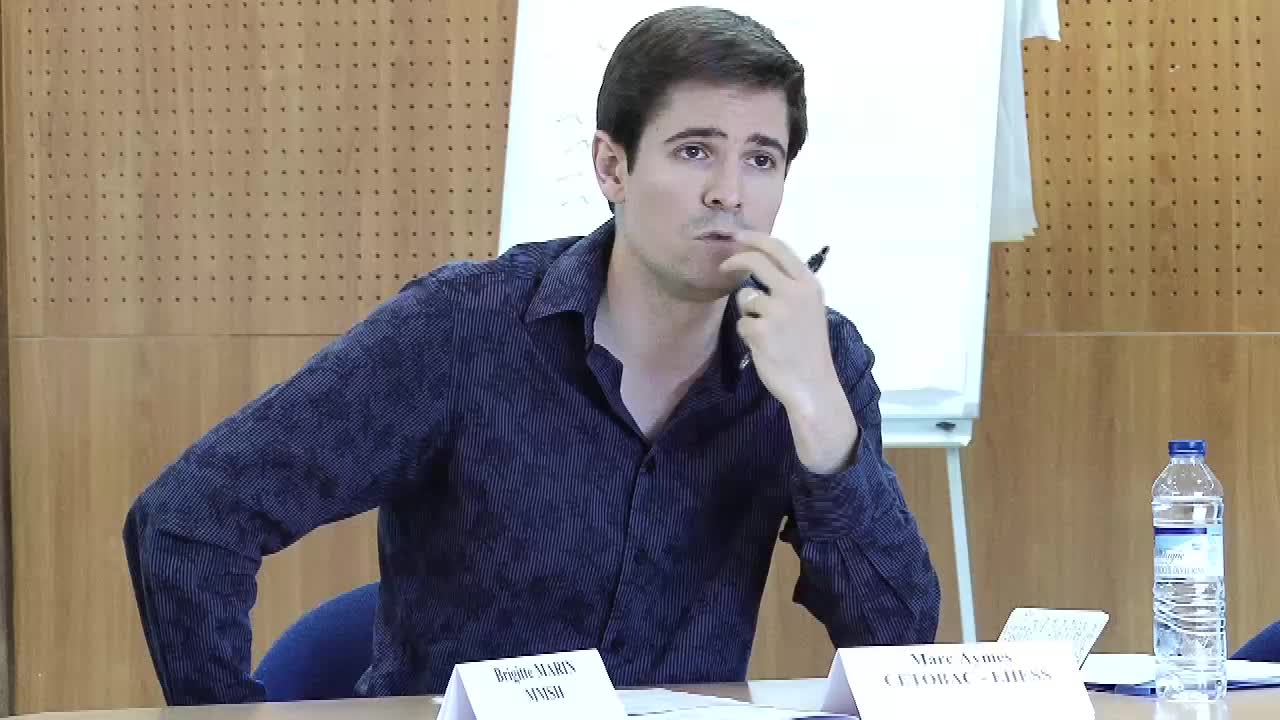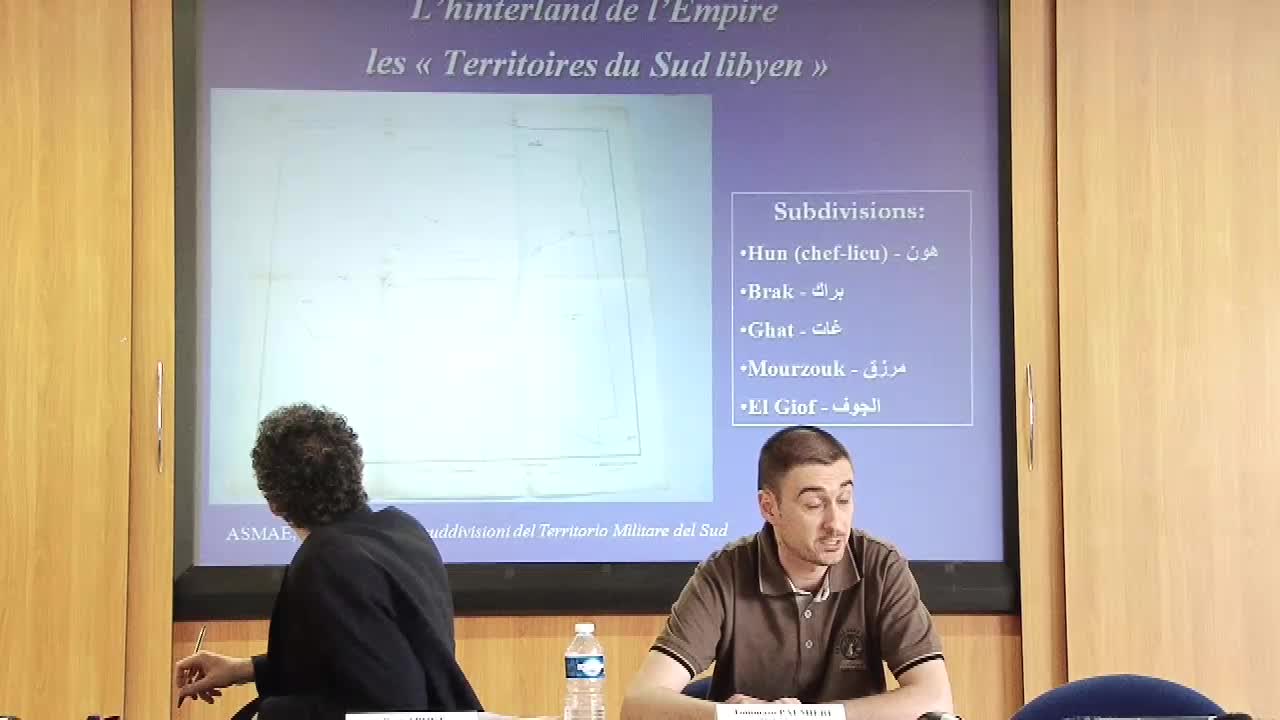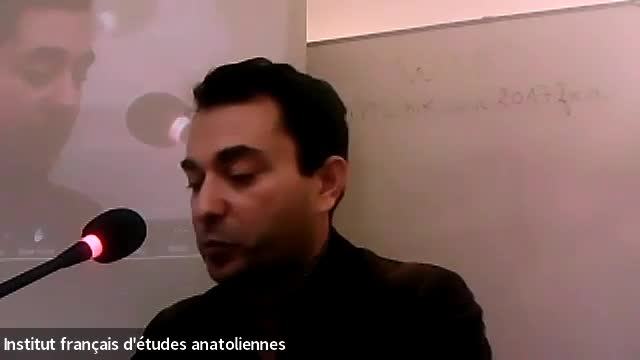Notice
IFEA Histoire 2020-2021 - The Politics of Language Between Ottomans and Safavids: Masih-i Tabrizi's cross-linguistic poetry in Tabriz in the 1720s
- document 1 document 2 document 3
- niveau 1 niveau 2 niveau 3
Descriptif
The paper sheds light on the politics of language (Turkish, Arabic, and Persian) and literary patronage in Safavid Iran in the first few decades of the eighteenth century, offering parallels to the attitude to the hierarchy of literary languages in the Ottoman and Safavid cultural spheres, with a subject matter related to the confrontation between Iran and the Ottomans in the 1720s. It focuses on a short collection of poetry written by a hitherto largely unknown physician and litterateur by the name of Masih of Tabriz (fl. late 1720s), who was active during the last years of centralized Safavid rule and saw the demise of the dynasty in 1722 with the fall of Isfahan to the Afghans, and that of Tabriz to the Ottomans, and died probably towards the end of Nadir Shah’s (r. 1736-47) reign. The bulk of the poems is made up of elaborate forms of acrostics written in the aforesaid three languages and interconnected with each other in graphic, metalinguistic and translinguistic ways. I will argue that this poetic experimentation, the peculiar attitude to the question of language in Masih’s collection and the mutual prestige relations between literary languages that Masih displays, might perhaps be best seen against the background of changing literary patronage in the post-Safavid and Afsharid periods. Masih’s short collection of poetry illustrates how these languages were conceptualized and spatially represented in the manuscript, as both connecting and separating the Ottoman and Iranian cultural enterprises.
Intervention / Responsable scientifique
Avec les mêmes intervenants et intervenantes
-
IFEA Histoire 2020-2021 From Ajam to Rum An Iranian Provenance Bureaucrat and Historian: Idris-i Bi…
CsirkésFerencGençVuralA bureaucrat and historian of Iranian provenance, Idris-i Bidlīsī is undoubtedly one of the most original and important intellectual figures in the 16th-century Ottoman-Iranian world. He lived in a
Sur le même thème
-
Les relations entre la République de Venise et l’Empire ottoman (1453/1517)
GuénaPaulineLa République de Venise et l’Empire ottoman ont entretenu des relations privilégiées entre le XVe et le XVIe siècles, dans des domaines très divers, le commerce, la diplomatie, la gestion des
-
Les femmes dans l'Empire ottoman
DumasJulietteDans la société de cour de l’Empire ottoman les femmes qui font partie de l’élite jouent un rôle important. Du fait de la proximité du pouvoir et de leurs positions hiérarchiques, elles exercent une
-
Interview avec Erdal Kaynar
KaynarErdalErdal Kaynar est spécialiste de l’Empire ottoman et maître de conférences en histoire contemporaine à la Faculté des Sciences Historiques de l’Université de Strasbourg.
-
Odessa-Istanbul-Jaffa. Trajectoires et paradoxes de l'immigration juive en Palestine ottomane (1881…
Seri-HerschIrisCommunication dans le cadre de la table-ronde : Détroits et passages « Dedans / Dehors » « GlobalMed – La Méditerranée et le monde de la Préhistoire à nos jours. Approches interdisciplinaires et
-
Le commerce des esclaves dans l’Empire ottoman ( XVe-XVIIe siècles)
ÖzkorayHayri GökşinDepuis la plus haute Antiquité, l’esclavage fait partie intégrante du fonctionnement des sociétés ; les esclaves se définissent comme des gens d’ailleurs, étrangers, qui sont la propriété d’un maître,
-
« Lutter ensemble contre les épidémies : comment l’Europe et l’Empire ottoman ont fondé au XIXe siè…
ChiffoleauSylviaSylvia Chiffoleau, « Lutter ensemble contre les épidémies : comment l’Europe et l’Empire ottoman ont fondé au XIXe siècle le premier internationalisme sanitaire », mardi 6 avril 2021.
-
L'esclavage en Méditerranée ottomane
ÖzkorayHayri GökşinL’État ottoman est une puissance politique qui émerge au XIVe en Anatolie occidentale pour devenir un empire méditerranéen au XVe siècle, notamment aux dépens de Byzance, Venise, des Mamelouks, et de
-
La conquête du bayt al-mal : les transformations d’une institution ottomane à Alger entre 1830-1860
GrangaudIsabellePanel 3 : Transmissions impériales : le cas des successions Dire et écrire le pouvoir impérial en Méditerranée, XIXe-XXe siècles Journée d’études organisée le 8 juin 2012 de 9h à 18h, MMSH -
-
Du multilinguisme « cosmopolite » à l’option arabe : stratégies linguistiques et redéfinition de l…
ΝταλαχάνηςΆγγελοςPanel 2 : Éducation et enseignement, entre savoirs locaux et logiques impériales Dire et écrire le pouvoir impérial en Méditerranée, XIXe-XXe siècles Journée d’études organisée le 8 juin 2012 de
-
Gouverner au jugé : une expérience du « condominium » provincial ottoman
AymesMarcPanel 1 : Mots d’ordre et ordre des mots : à la recherche d’une grammaire impériale Dire et écrire le pouvoir impérial en Méditerranée, XIXe-XXe siècles Journée d’études organisée le 8 juin 2012
-
Les « territoires militaires » du Fezzan libyen : un exemple de langage colonial « successif »
PalmieriTommasoSéance 1 : Mots d’ordre et ordre des mots : à la recherche d’une grammaire impériale Dire et écrire le pouvoir impérial en Méditerranée, XIXe-XXe siècles Journée d’études organisée le 8 juin 2012
-
La nation contre le sultan. Sur les origines intellectuelles de la révolution constitutionnelle ott…
KaynarErdalErdal Kaynar, Université de Strasbourg Séance modérée par Denis Hermann (IFEA)



